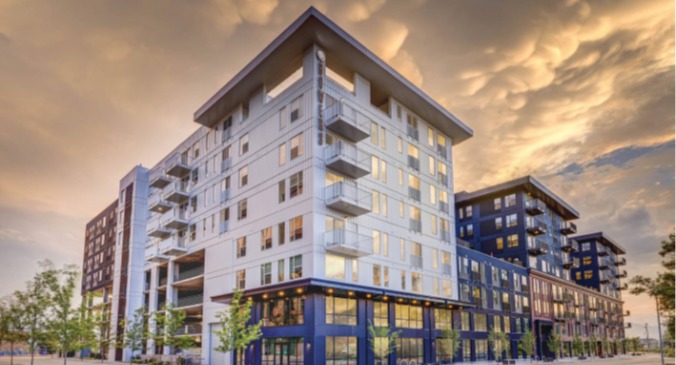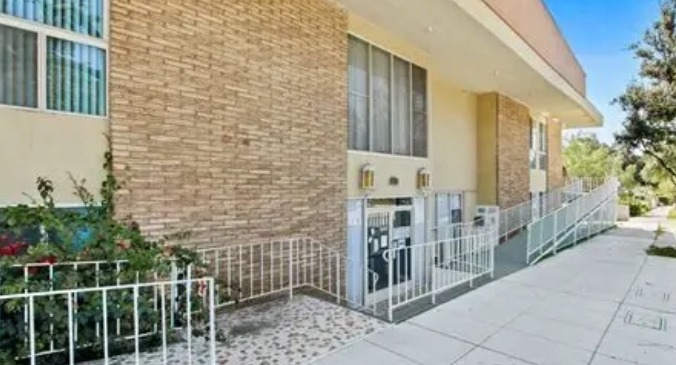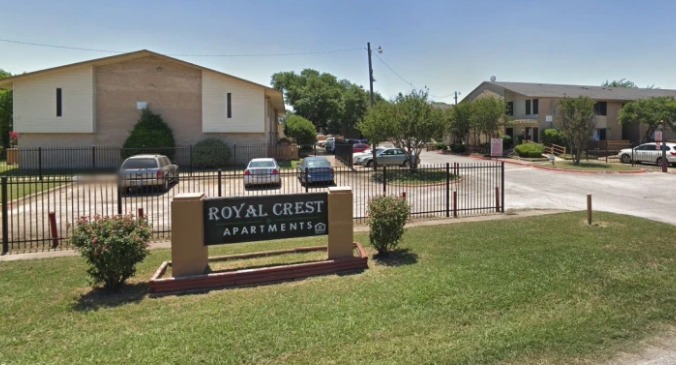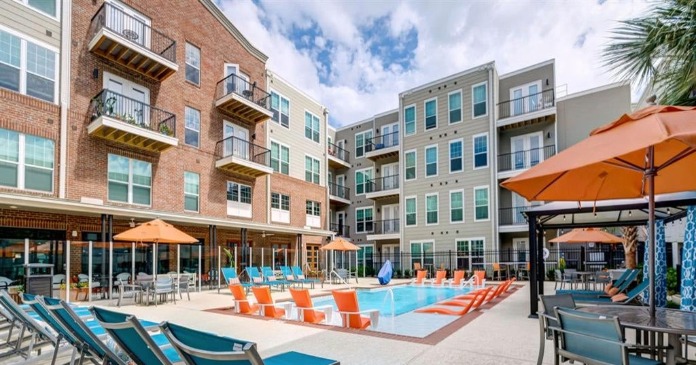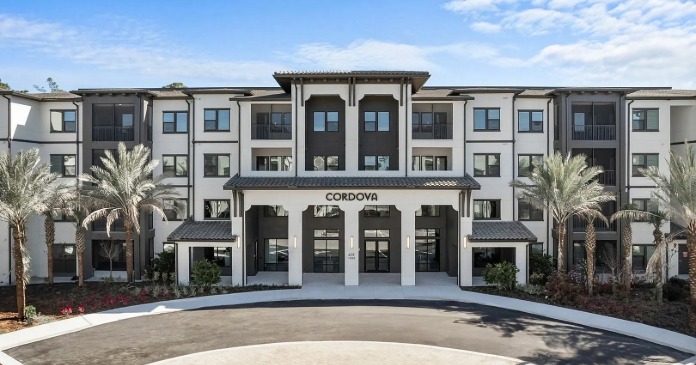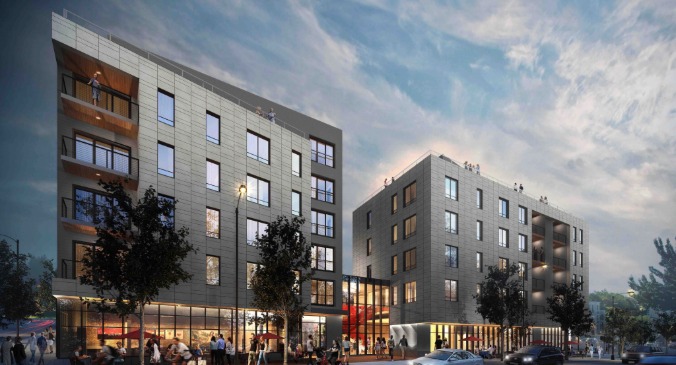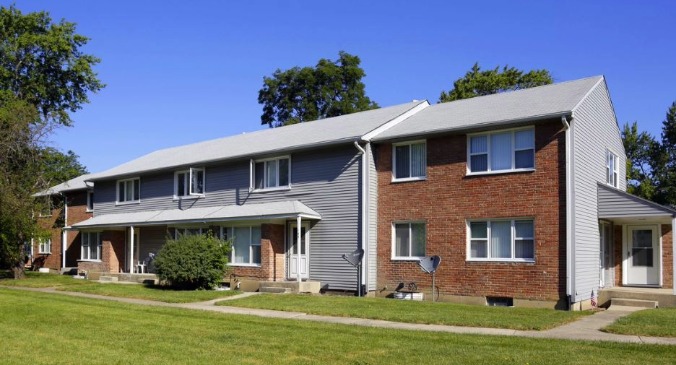In an effort to preserve and improve critically needed affordable housing for low-income seniors, the U.S. Department of Housing and Urban Development (HUD) announced a significant expansion of its Rental Assistance Demonstration (RAD) to facilitate capital investment in senior housing developments assisted through HUD’s Section 202 Supportive Housing for the Elderly Project Rental Assistance Contracts (PRAC). Read HUD’s notice.
Expanding RAD to include Section 202 PRAC units will now allow nonprofit housing developers to access capital investment to revitalize their aging properties and to ensure sustainable affordability for their very low-income elderly residents. There are approximately 120,000 units across 2,800 properties that will now become eligible to participate in RAD.
“This is exciting news for those who provide affordable housing for senior citizens who need a stable home to age-in-place,” Secretary Ben Carson said. “By expanding RAD’s reach into this vital part of our affordable housing stock, we can prioritize and mobilize capital investment to tackle the projected backlog of repairs in these properties and preserve more affordable housing for those who need it most.”
Brian Montgomery, HUD’s Assistant Secretary for Housing and Federal Housing Commissioner added, “Using RAD to preserve affordable rental housing for very low-income seniors is a natural next step in addressing the need for safe and affordable housing for the nation’s most vulnerable populations.”
The conversion of 202 PRACs builds off the success of the RAD program and the lessons learned from the thousands of conversions to date. RAD has preserved nearly 150,000 units of affordable housing across the country to date. Other changes to RAD in today’s notice include:
- Extending and expands on the stringent resident rights protections built into RAD;
- Allowing a limited contract rent increase for certain converting public housing properties located in Opportunity Zones to help owners access capital for high-impact new construction and substantial rehabilitation investments; and
- Prioritizing conversion of public housing properties located in Opportunity Zones if there is a waiting list for the limited RAD participation authority.
Under RAD, public housing authorities and other owners of affordable housing convert their developments to a project-based Section 8 platform. This conversion allows PHAs and these owners to identify creative ways to solve their capital needs through public-private partnerships and with no new federal funding. The new, long-term project-based Section 8 contracts fortify the sustainability and long-term affordability of these properties.
RAD has proven to be a powerful tool for PHAs to preserve affordable housing to serve more eligible households and to maximize the impact of existing commitment of federal resources.






